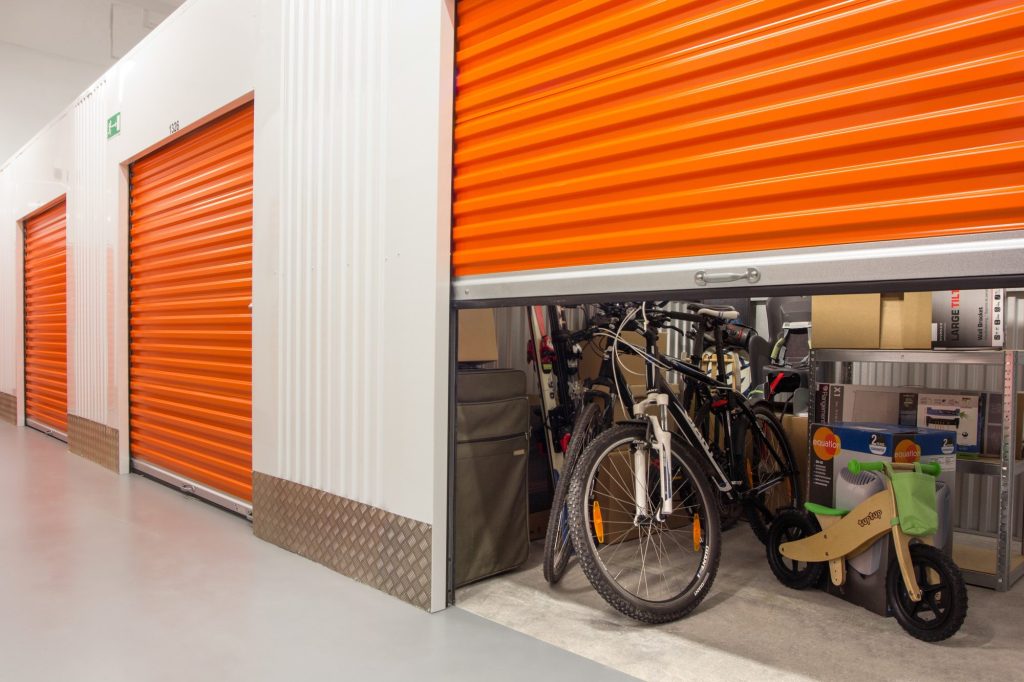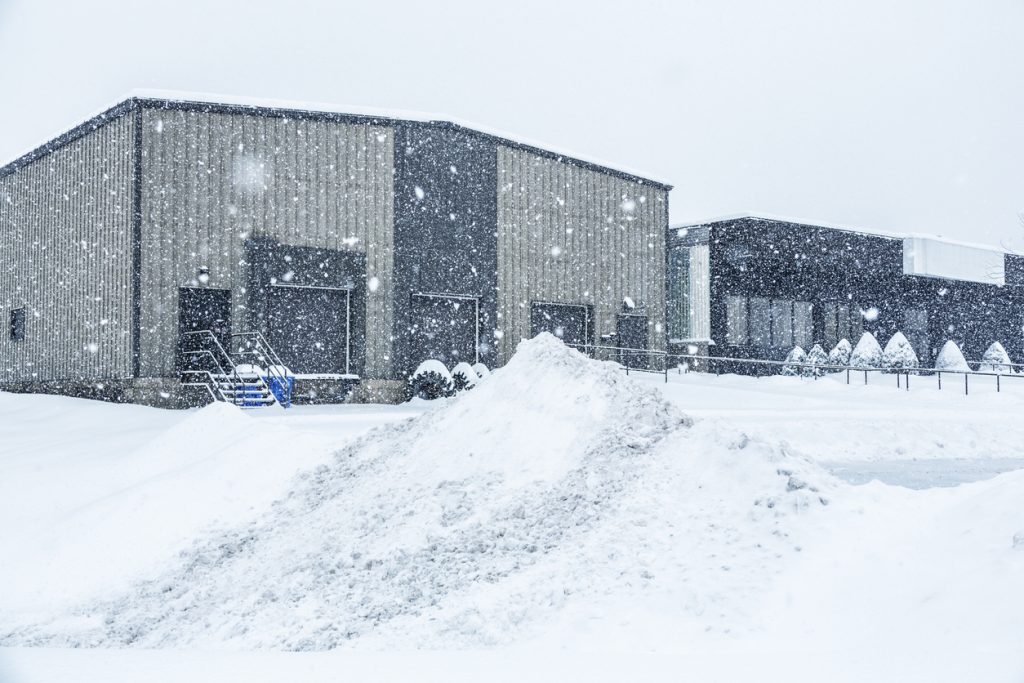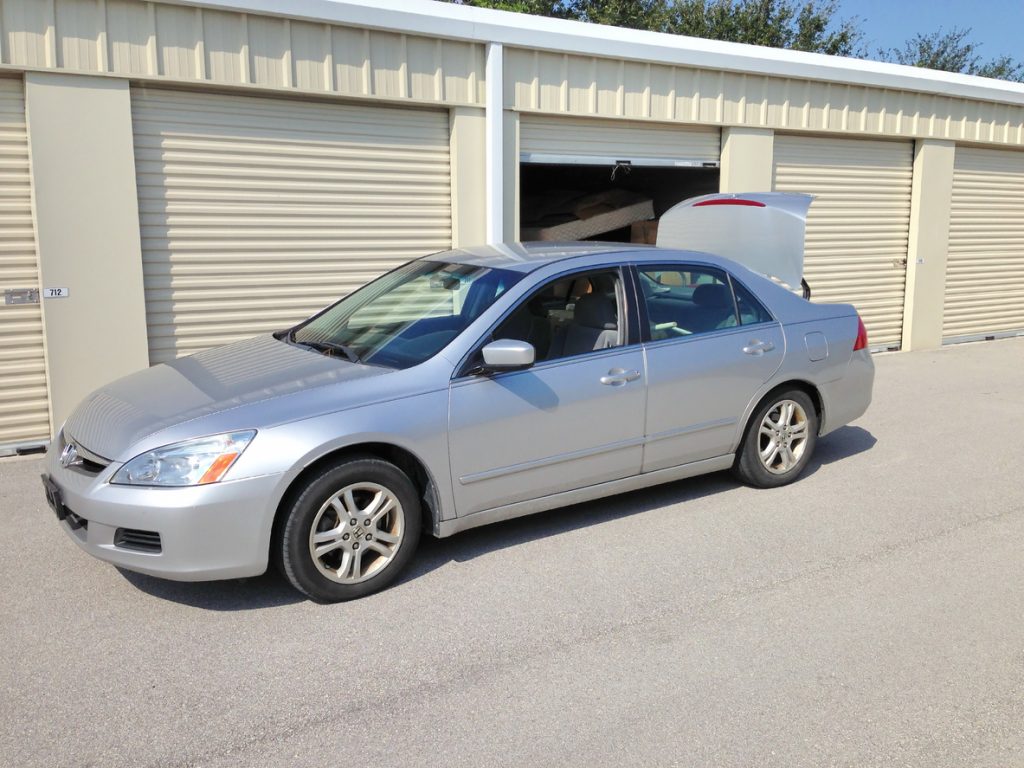Whilst a lot of industries that are predominantly property-based have seen occupancy and rents affected by the impact of COVD-19 over the past year, surprisingly, the self-storage industry has bucked the trend and seen a growth in both occupancy and revenue. In a report by the Self Storage Association UK, it has been documented that the self-storage industry has increased occupancy by 2.9 points year-on-year to 79.2%.
With less than 1.5% of storage fees being overdue at 30 days non-payment of storage fees has also remained basically stable year-on-year. It seems that the Covid lockdowns have made more self-storage facilities push more of their clientele to use automated payments such as direct debit to encourage cashless and non-contact systems.
Self-storage growth
The diversity of people using self-storage has meant that the industry as a whole has not had to deal with large numbers of move-outs as a result of the COVID-19 virus. At the end of the first lockdown, there was apparently a large increase in move-outs and this has been put down to “pent up demand” due to travel restrictions that were in place at the time.
However, post lockdown saw move-in levels rise as well, and by July, the self-storage industry had occupancy levels higher than those pre-Covid-19. Enquiry levels have also been at record highs as customers that are uncertain about their futures are seeing if a self-storage facility can assist them with their storage requirements, whether that be for private or commercial use.
Preliminary data from the lockdown we are currently in has indicated that the lockdown has had minimal impact, if any, on the self-storage industry, and that the rates of enquiry for their services are still high.
People go to self-storage facilities for a number of reasons but all too often it is due to a life-changing event such as a relationship breakdown, the birth of a child, a death in the family or moving house.
Core reasons the self-storage industry has continued to thrive seem to include:
- Renters moving back home with their family needing a unit to store their belongings
- Businesses unable to trade as they once did in need of space for excess stock
- An increase in working from home leading to businesses reducing their office space and using self-storage to store equipment, paperwork etc
- Families down-sizing their property due to financial concerns related to the pandemic and resulting lockdowns
Low-contact trading
It’s worth noting that another thing that has likely helped the self-storage industry continue to thrive under lockdown conditions is the low-contact requirements that this type of business naturally has.
Facilities were able to move their sign-up and check-in processes online, meaning that the level of contact between staff and customers could be kept to an absolute minimum. This easy ability to conform to social distancing restrictions meant that many facilities could safely stay open and continue their business rather than having to close down throughout the lockdowns.
Signing up for self-storage
So, if you are looking to rent a self-storage unit for your belongings, what are the key things you need to take into consideration before signing up?
Security
Make sure whatever self-storage company you use has a working and up to date CCTV system and also perimeter fencing. These two things alone act as a deterrent to would-be thieves. Also, make sure that the facility has fire and smoke alarms. It’s also worth checking if they have a manned security station at the facility, not all companies offer this service so check before you sign up.
Insurance
It is essential that you make sure the value of the items you are storing are covered. Self-storage insurance will cover you for the total loss or damage to your items in the event of things like fire, flooding, theft, and more.
Over the past few years, we’ve seen the devastation fires can wreak on self-storage facilities, with hundreds of self-storage users losing thousands of pounds worth of belongings (not to mention the sentimental value) only to discover they have the incorrect storage insurance in place.
We would recommend shopping around for a good quote and don’t settle for the insurance that the storage facility offers. An independent study showed that customers could often save up to three times on the cost of their insurance with our self-storage insurance rather than shopping direct – and our easy quote system takes you through the process of making sure you have the right level of cover for your needs.
Short-term vs long-term contracts
It may also be worth considering whether you need a short-term or a long-term contract with your self-storage facility. While the UK looks set to ease lockdown restrictions almost entirely by June 2021, the future is still unclear and we don’t yet know how much COVID-19 is likely to affect our lives in the future.
You may prefer to have a short term contract so you can opt-out if things change in the future – although you will normally save more money in the long-run if you take out a long-term contract.
Bottom line
For everyone, the next 12 months remains a mystery and there is a definite uncertainty surrounding how once booming industries will recover in the wake of this global pandemic. Indications show, however, that when it comes to the self-storage industry, demand will carry on growing and the self-storage industry as a whole looks like it will continue to remain strong.







